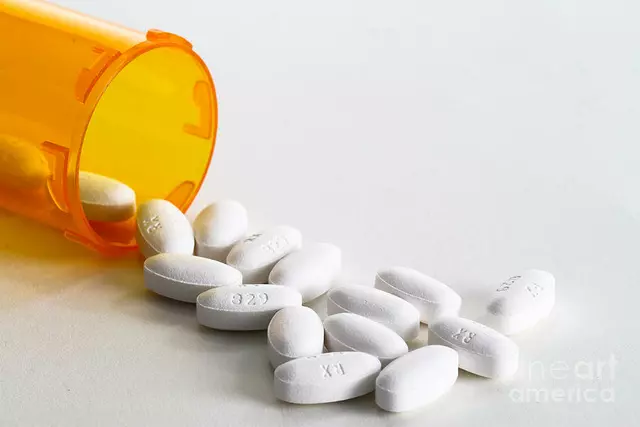Drug Provocation Test: What It Is, When It's Used, and What to Expect
When you’ve had a strange reaction to a medicine—rash, swelling, trouble breathing—it’s hard to know if the drug was really to blame. That’s where a drug provocation test, a controlled medical procedure used to confirm if a specific medication triggered an adverse reaction. Also known as a challenge test, it’s one of the few ways to get a clear answer when allergy tests come back negative. Unlike skin or blood tests, which look for immune markers, a drug provocation test actually gives you the drug again—under strict supervision—to see if the same reaction happens. It’s not done lightly, but when done right, it can save you from avoiding safe, effective meds for the rest of your life.
Doctors usually recommend this test when you’ve had a suspected reaction but can’t confirm it with other methods. Maybe you broke out in hives after taking amoxicillin, but your skin test was negative. Or maybe you were told to avoid all NSAIDs after a stomach upset, but now you need pain relief after surgery. A drug provocation test, a controlled medical procedure used to confirm if a specific medication triggered an adverse reaction. Also known as a challenge test, it’s one of the few ways to get a clear answer when allergy tests come back negative. can clear up the confusion. It’s also used in cases of suspected adverse drug reaction, an unintended and harmful response to a medication at normal doses, especially when alternatives are limited or expensive. For example, if you’re allergic to multiple antibiotics but need one for a serious infection, a provocation test might show you can safely take one you thought you couldn’t.
It’s not risk-free. That’s why it’s always done in a clinic or hospital, with staff ready to respond if things go wrong. You’ll get a tiny dose first, then slowly increase it over hours or days. If no reaction shows up, you’re likely not allergic. If it does, you’ll get treatment right away. This isn’t something you do at home—or even at your regular doctor’s office. It’s a specialist procedure, often handled by allergists or pharmacists trained in drug safety.
What you’ll find in the posts below are real-world stories and medical insights about how drugs behave in the body, what side effects look like, and how to tell if a reaction is serious or just a coincidence. You’ll read about fake pills that mimic real meds, how antibiotics can throw off your heart rhythm, and why some people react badly to common drugs like ibuprofen or azathioprine. These aren’t just random cases—they’re all connected to the same question: how do you know if a drug is really causing the problem? Whether you’re trying to avoid unnecessary restrictions or confirm a dangerous allergy, the answers here are practical, grounded, and built from real patient experiences and clinical data.




